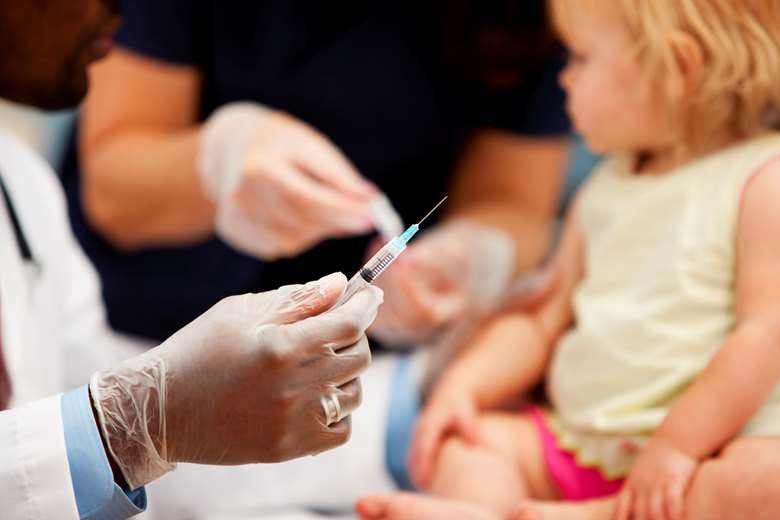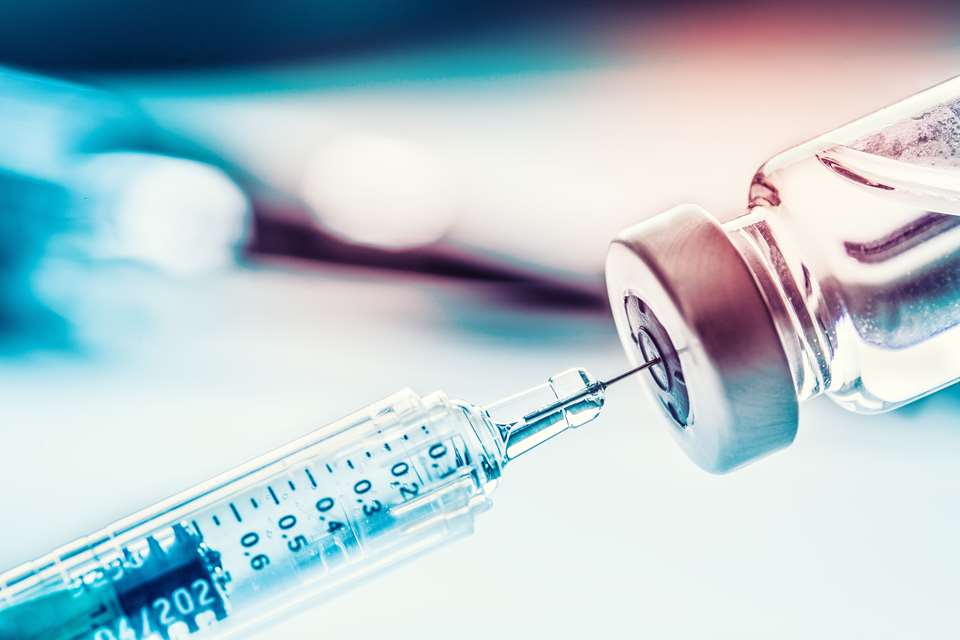Polio booster vaccination programme to roll out across London
Meredith Jones Russell
Monday, August 15, 2022
All children aged between one and nine in London will be offered a booster dose of polio vaccine.

The Joint Committee on Vaccination and Immunisation (JCVI) has advised that a targeted inactivated polio vaccine (IPV) booster dose should be offered to all children between the ages of one and nine in all London boroughs, following the discovery of type 2 poliovirus (PV2) in sewage.
The booster dose will be in addition to the NHS childhood vaccination catch-up campaign across London, where childhood vaccination uptake is lower than the rest of the country, and aims to ensure a high level of protection from paralysis and reduce further spread of the virus.
No cases of polio have been reported. Nationally, the risk of paralytic polio is considered low because most people are already protected by vaccination.
PV2 was identified earlier this year at the Beckton sewage treatment works, and further upstream sampling undertaken by the UK Health Security Agency (UKHSA) and the Medicines and Healthcare products Regulatory Agency (MHRA) has now discovered at least one positive sample of the poliovirus in parts of Barnet, Brent, Camden, Enfield, Hackney, Haringey, Islington and Waltham Forest.
The sampling has also detected the virus in lower concentrations and frequency in areas adjacent to the Beckton catchment area to the south and east. However, it is not clear whether the virus has established itself in these areas or if the detections are due to people from the affected area visiting these neighbouring areas.
The vaccination programme will start with the areas affected, followed by rapid rollout across all London boroughs.
Dr Vanessa Saliba, consultant epidemiologist at UKHSA, said, ‘No cases of polio have been reported and for the majority of the population, who are fully vaccinated, the risk is low. But we know the areas in London where the poliovirus is being transmitted have some of the lowest vaccination rates. This is why the virus is spreading in these communities and puts those residents not fully vaccinated at greater risk.
‘Polio is a serious infection that can cause paralysis but nationally the overall risk is considered low because most people are protected by vaccination. The last case of polio in the UK was in 1984, but decades ago before we introduced the polio vaccination programme around 8,000 people would develop paralysis every year.
‘It is vital parents ensure their children are fully vaccinated for their age. Following JCVI advice all children aged one to nine years in London need to have a dose of polio vaccine now – whether it’s an extra booster dose or just to catch up with their routine vaccinations. It will ensure a high level of protection from paralysis. This may also help stop the virus spreading further.’
UKHSA and MHRA have increased sewage surveillance to assess the extent of the spread of the virus, and are currently sampling eight sites across London.
A further 15 London sites will start sewage sampling in mid-August, and ten to 15 sites will be stood up nationally to determine whether poliovirus is spreading outside the capital.





